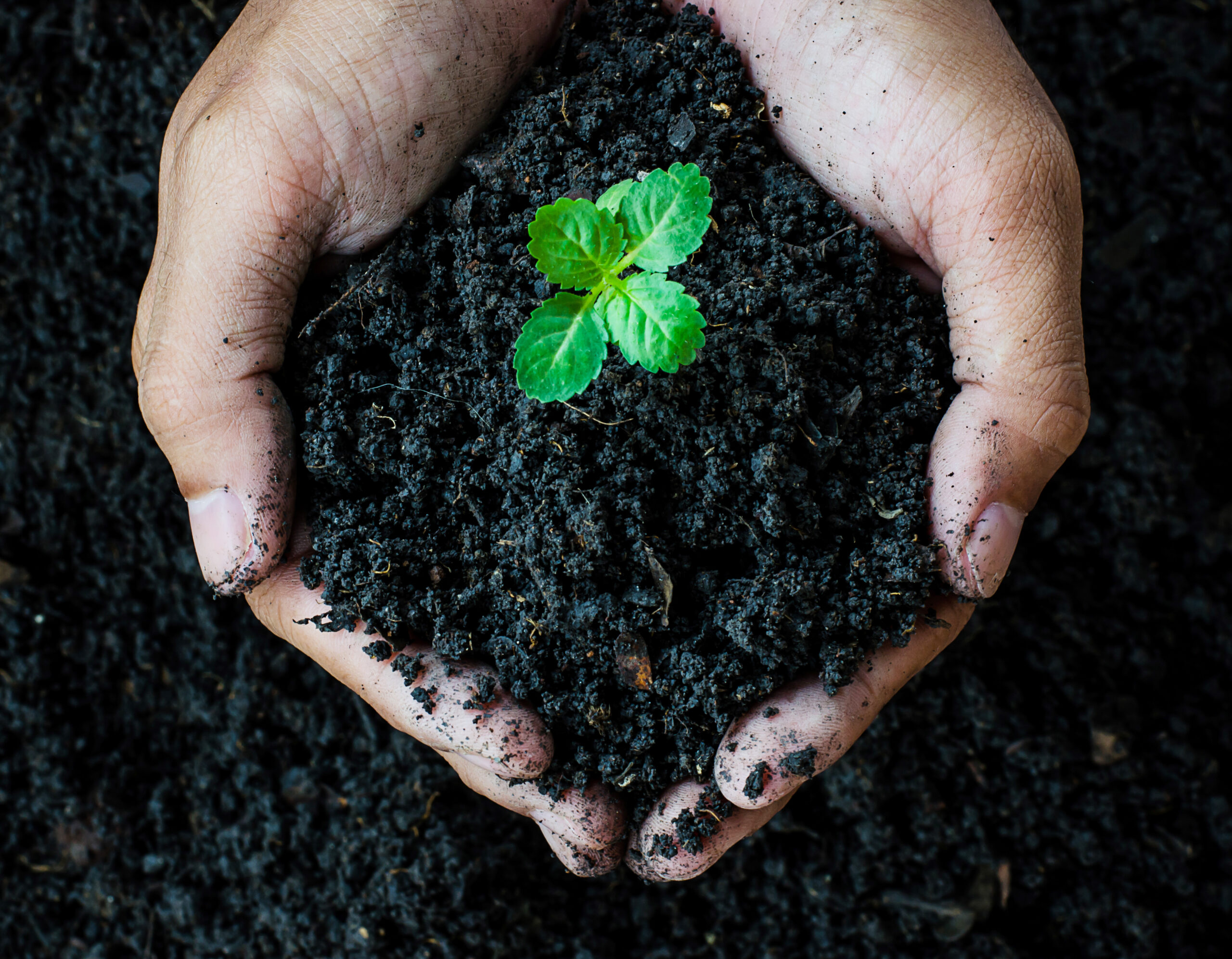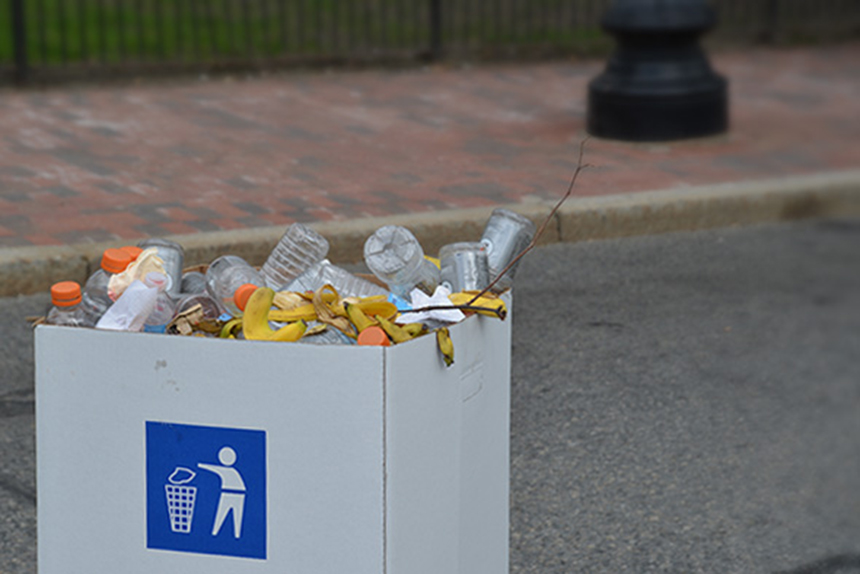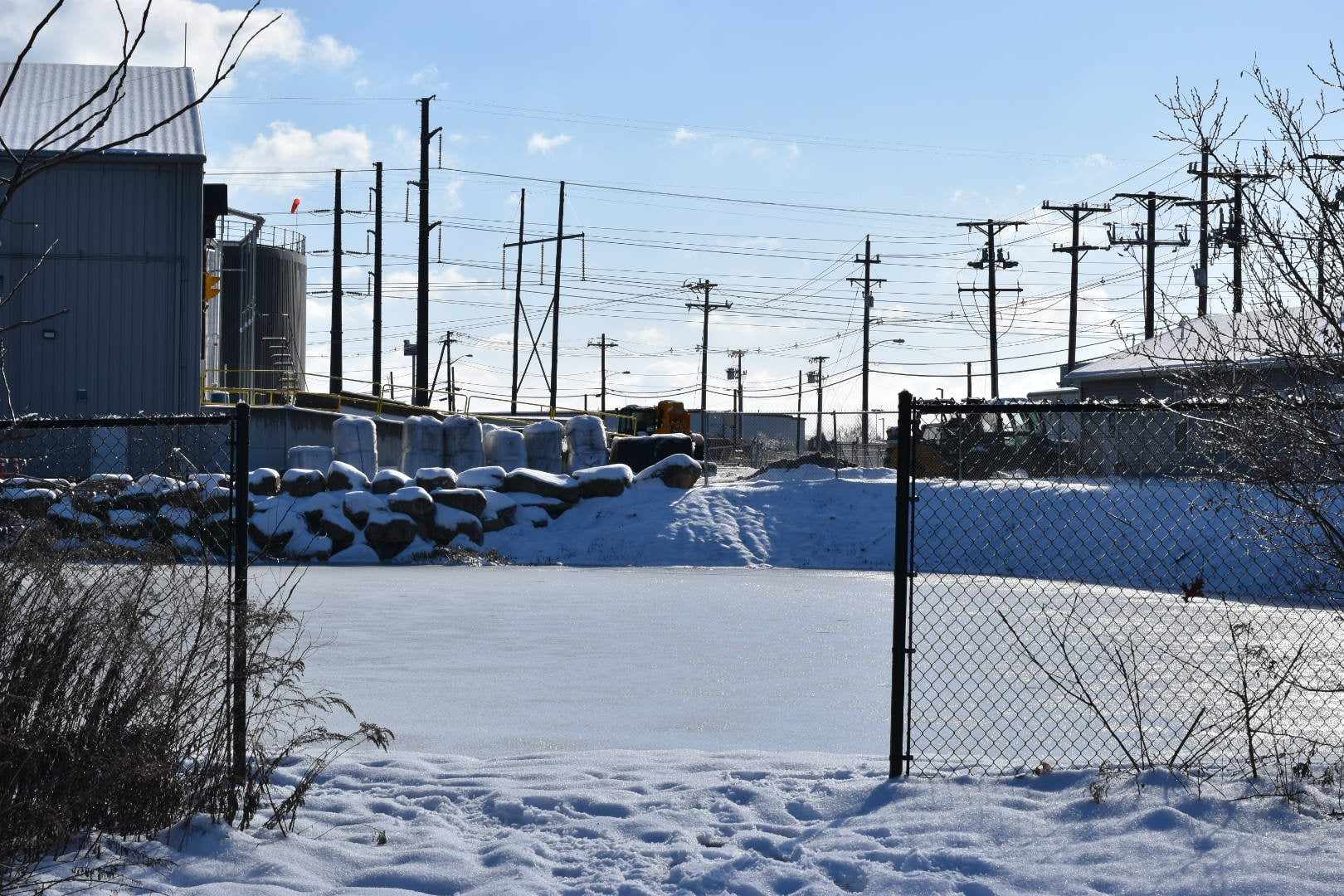Providence Now Fines for Trashy Recycling
March 27, 2013
PROVIDENCE — The city is imposing fines for egregious recycling. Earlier this month, the Department of Public Works began inspecting recycling bins on the city’s South Side and issuing $50 fines to residents who heap trash in their green recycling totes.
Sheila Dormody, the city’s director of sustainability, said the fines are assessed only for flagrant dumping of prohibited items, such as bags of trash, food waste and car tires. An 18-inch fish head was recently discovered in one recycling bin.
The South Side is under surveillance because recycling trucks are being rejected at the Central Landfill in Johnston because of contamination. Tainted recycling reduces the city’s recycling rate and costs $32 a ton to dump in the landfill. Labor costs are also assessed for collecting and hauling polluted recycling.
The citywide recycling rate is holding steady at 29 percent. The rate has climbed rapidly since last summer, when the rate was 15 percent. The city has since shifted to the larger recycling bins and allowed commingling of paper and plastic in the same bin.
A new bilingual mail and radio campaign targeting the South Side aims to improve participation. A citywide contest also was held last summer to increase recycling. The Rhode Island Resource Recovery Corporation, the operator of the state landfill, said contaminated recycling shipments from Providence, especially those with food and textiles, is a major problem for it sorting machine.
Dormody said a penalty is sometimes necessary to be green. “Paying a fine is also a good way for people to change their behavior,” she said.
Fines are placed on the offending recycling bins.
Lots of Hope. A derelict city-owned lot near the Stop & Shop on Manton Avenue is expected to be the first community garden and farm involved in a new program managed by the Southside Community Land Trust (SCLT). The property will be run by a local urban farmer or neighborhood organization and leased at a low rate through the SCLT. The program is intended to beautify the city, encourage urban farming and help ease the city’s problem with stormwater runoff.
The City Council will be asked to approve a five-year lease for the land at it April 4 meeting.
Compost. The city and SCLT also will being issuing a request for participants to manage neighborhood composting programs. Community organizations, including religious groups, are encouraged to submit proposals for managing two neighborhood sites for food-scrap collection and processing.
Solar. The city hopes to build on its success with a collaborative solar-energy project. Sixteen photovoltaic solar systems have been installed on homes and businesses on the West Side through a program with the West Broadway Neighborhood Association. The city hopes to expand the project to include solar hot water systems and branch out to other neighborhoods.
Earth Day Cleanups. Neighborhood cleanups are scheduled for 24 sites as part of the city’s first Earth Day Spring Cleaning. The cleanups begin at 12:30 p.m. Saturday, April 20. To celebrate the hard work, an event with music, food and exhibits will be held at the Temple to Music at Roger Williams Park. Five locations will be hosting tree plantings. To volunteer, visit serverhodeisland.org.
Categories
Join the Discussion
View CommentsRecent Comments
Leave a Reply
Your support keeps our reporters on the environmental beat.
Reader support is at the core of our nonprofit news model. Together, we can keep the environment in the headlines.
We use cookies to improve your experience and deliver personalized content. View Cookie Settings




Mr Faulkner, your report has enlightened me on the major problems we are facing with the sorting of our waste. I was interested by your words and decided to look further into why it was so important that we me properly sort out our waste. As you know, when our waste is not properly sorted and recycled, it can produce chemicals more toxic than CO2! I have found that it is extremely important that people do take the time to sort out their materials as it can be harmful for our community. Also, it is becoming an expense that with little effort can be reduced by the people creating the waste. With the major increase of waste, the problem is becoming more relevant and even more of an issue. This was a great article because it informed me of a topic I usually do not see the other side of. As well, it informed me of the major harm to the environment that we create when recycling and disposing of our waste the way we do.